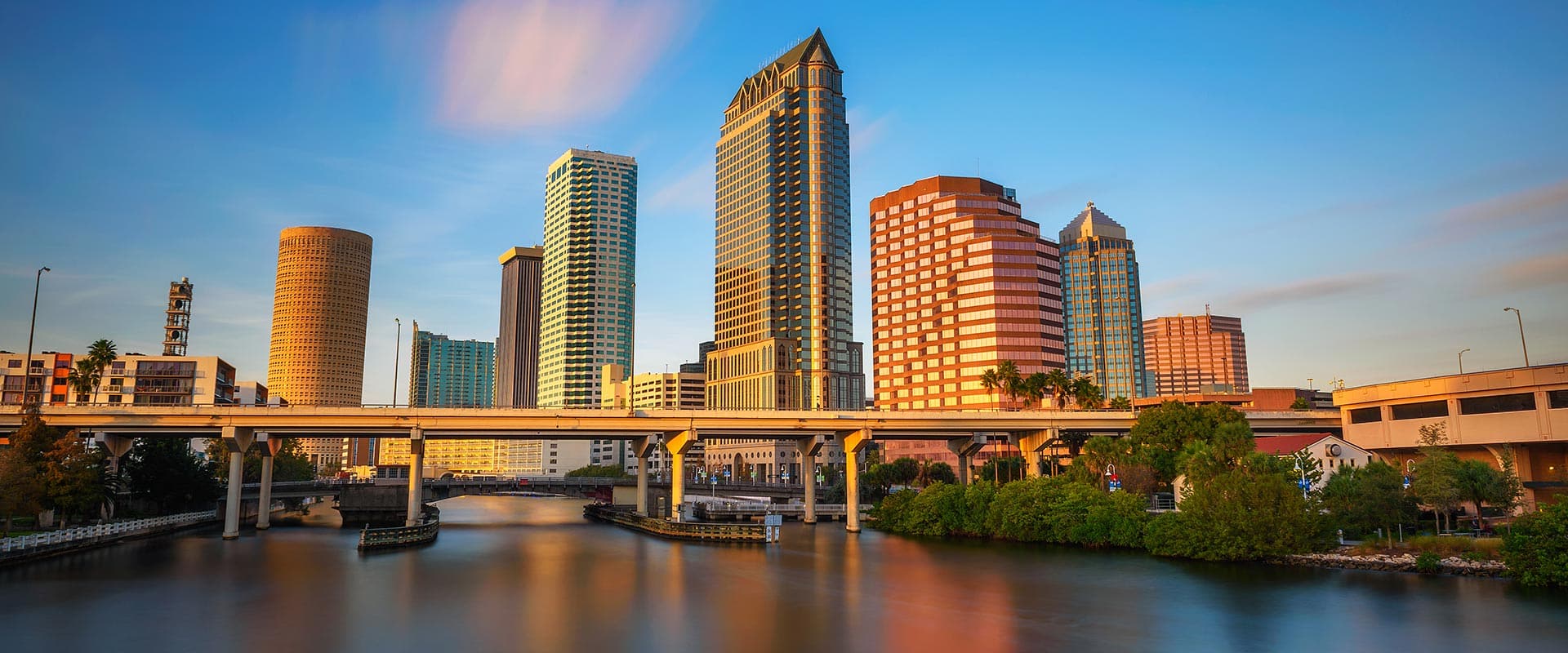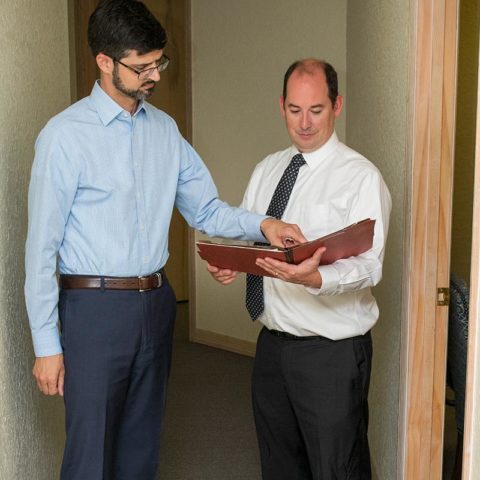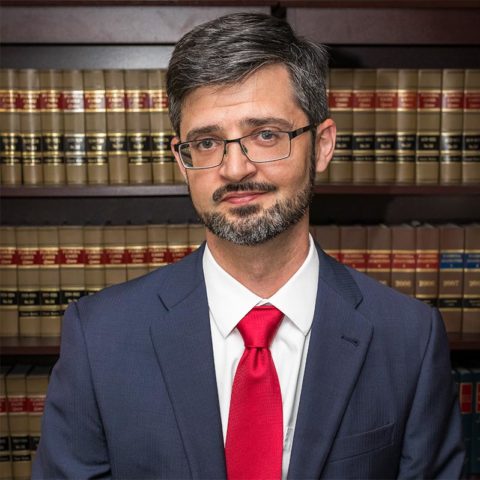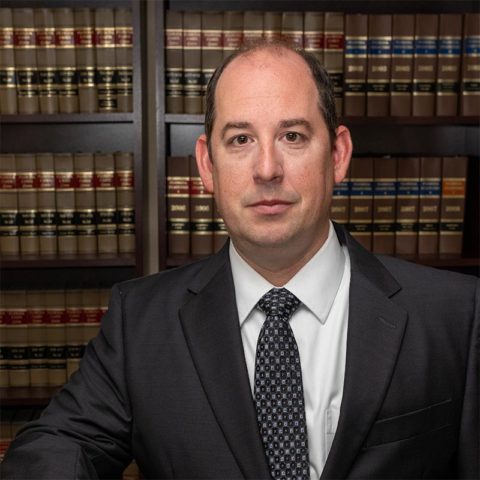Many debtors wait until all other alternatives have failed before they file bankruptcy. Bankruptcy can provide a family with a second chance and give a business new life. The time that you decide to file bankruptcy is important and can affect whether assets are able to be saved.
If you are really behind on your payments, a creditor would rather recover some type of money from an ‘insolvent debtor’ who has filed bankruptcy. If a debtor does not file, the creditor may not recover any money at all. The creditor collects money because your non-exempt assets are divided fairly among the creditors. Under Florida law, your creditors cannot take your exempt assets. Read more about what types of property is exempt and not-exempt.
Bankruptcy stops the debt collection phone calls. Once your bankruptcy is discharged, the debt collectors cannot try to collect any debt that was discharged in the bankruptcy.
Although the housing market appears to be on the rebound, there are still many homeowners that are struggling to pay their mortgage payments. If you have fallen behind on your mortgage loan and you believe that a foreclosure is in your near future, you should consider filing for bankruptcy protection under Chapter 7 or Chapter 13. Bankruptcy can be an effective tool for individuals who are trying to avoid a foreclosure action.
Individuals who file bankruptcy most commonly file under Chapter 7 or Chapter 13. Each type of case offers its own advantages and disadvantages. One of our seasoned bankruptcy attorneys can review your unique circumstances and assist you with determining which type of filing you qualify for or will be most beneficial for you.
Chapter 7 Bankruptcy
A Chapter 7 is often referred to as the “liquidation” bankruptcy because your non-exempt property can be sold by the trustee to pay your creditors. The reality, however, is that most Chapter 7 debtors have very few (if any) non-exempt assets and they keep all of their assets. While a Chapter 7 filing does not completely stop the foreclosure process, it can buy you some additional time in your house. During this time, we can help you try to negotiate with your mortgage lender too. In order to proceed with the foreclosure, your creditor must seek relief from the automatic stay from the bankruptcy court. If the court grants the motion and your home is foreclosed, your Chapter 7 filing will discharge or eliminate any amount you still owe under the mortgage after the foreclosure sale. This can save you from owing thousands of dollars!
Chapter 13 Bankruptcy
A Chapter 13 debtor must submit a plan of reorganization which sets forth how the creditors will be paid, fully or partially. You repayment plan will last a term of three to five years, depending on your individual circumstances. During this time, you can make small payments under the plan that are applied to the mortgage loan delinquency. When your Chapter 13 case is over, you will be current on your mortgage loan.
Serving Tampa and Clearwater
We proudly serve the areas of Tampa and Clearwater with Bankruptcy Services. Try our free bankruptcy evaluation to determine what type of bankruptcy would help you get that fresh start!
The decision to hire an attorney is an important one and should not be based on advertising alone. We believe our reputation and track record speak for themselves, but we welcome you to ask our other clients about their experience working with us.





